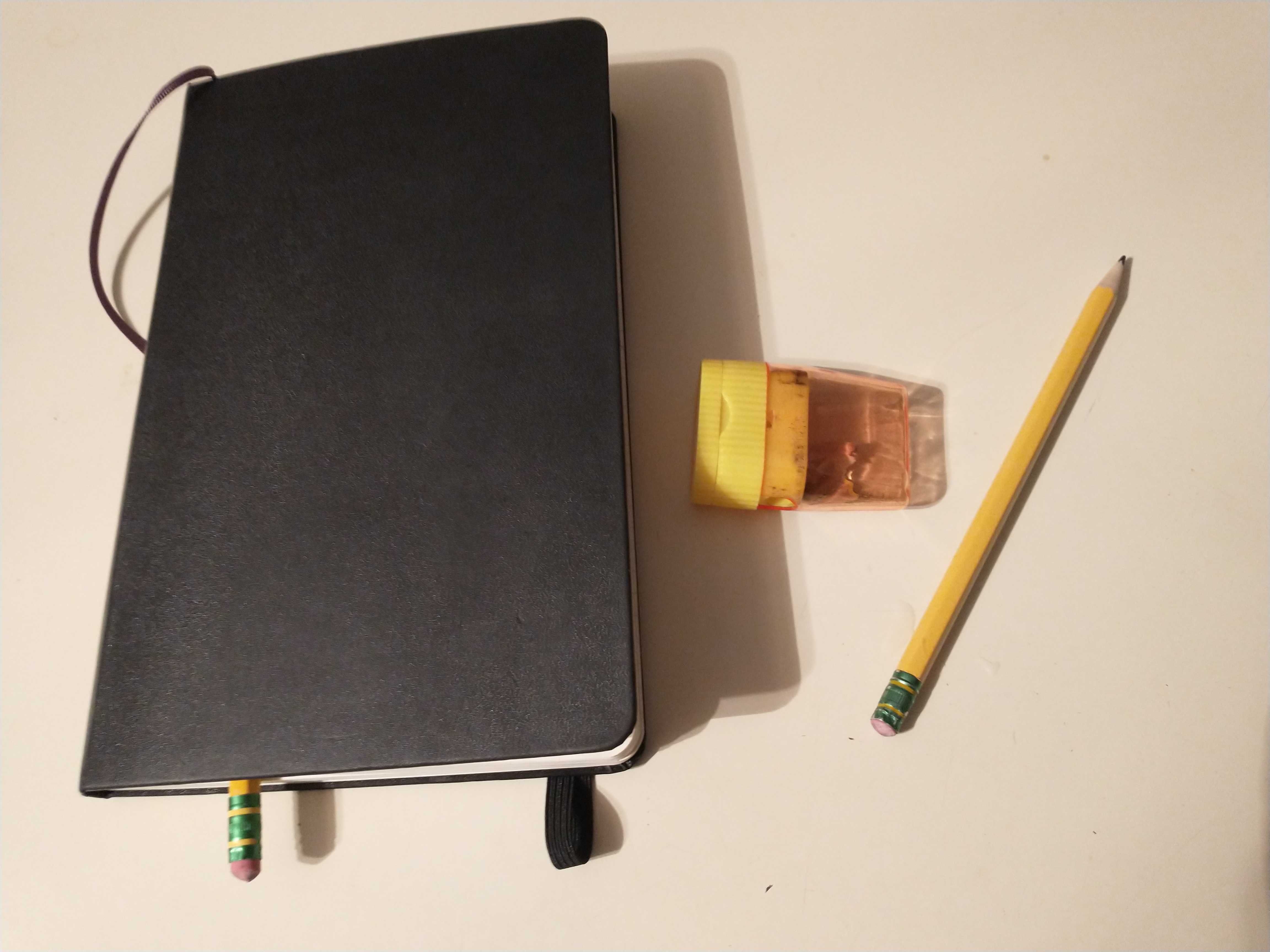Privacy Technology
These are a few perspectives on privacy prompted by initial thoughts on the Usenix PEPR ‘22 Call for Participation. I may or may not flesh this out as a submission. If I do, it might take a totally different form, this being a first reaction.

Figure 1: “Privacy Technology for the 21st Centry” by George Jones is licensed under CC BY 2.0
First, here are some work experiences that inform my perspective. Professional life began for me at CompuServe in 1985. In many ways CompuServe invented the online world. Long stories there, told elsewhere. The long strange trip has taken me through work with Usenet, UUNET, the IETF, SANS & The Center for Internet Security, the IETF, MITRE, CMU=/=CERT, AOL, Amazon=/=AWS, and currently Palo Alto Networks. Security and privacy have been a large part of my life for 25 years.
My personal response to questions of privacy has been to go backwards. I journal. On paper. Google has no idea. I quit Facebook in 2016 when it got political. I actually deleted the account (along with Spotify) a couple years ago after I sent a Facebook messenger note to my son saying that in childhood I loved Julie Andrews music and Spotify, without my input, started playing Julie Andrews. I’ve stopped posting content on most large commercial platforms over concerns about monetization, aggregation and corporate self-interest driving what they do with it. I currently self-host my blog and git repo on a raspberry pi. I share publicly what I want to share. The rest is not online. It’s in my head or on paper.
To be sure I use some of the current tools available to try to preserve some online privacy: Signal, Proton Mail, Tor, VPNs, etc. and while I laud academic, commercial and governmental efforts to improve privacy, I think we need to begin by admitting that the problems are not technical. They are social. They are human.